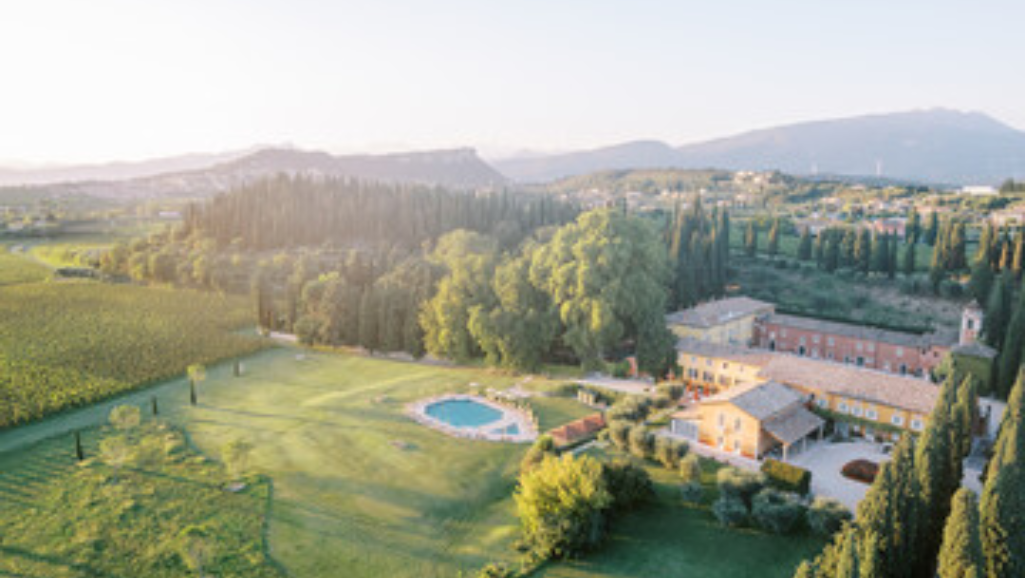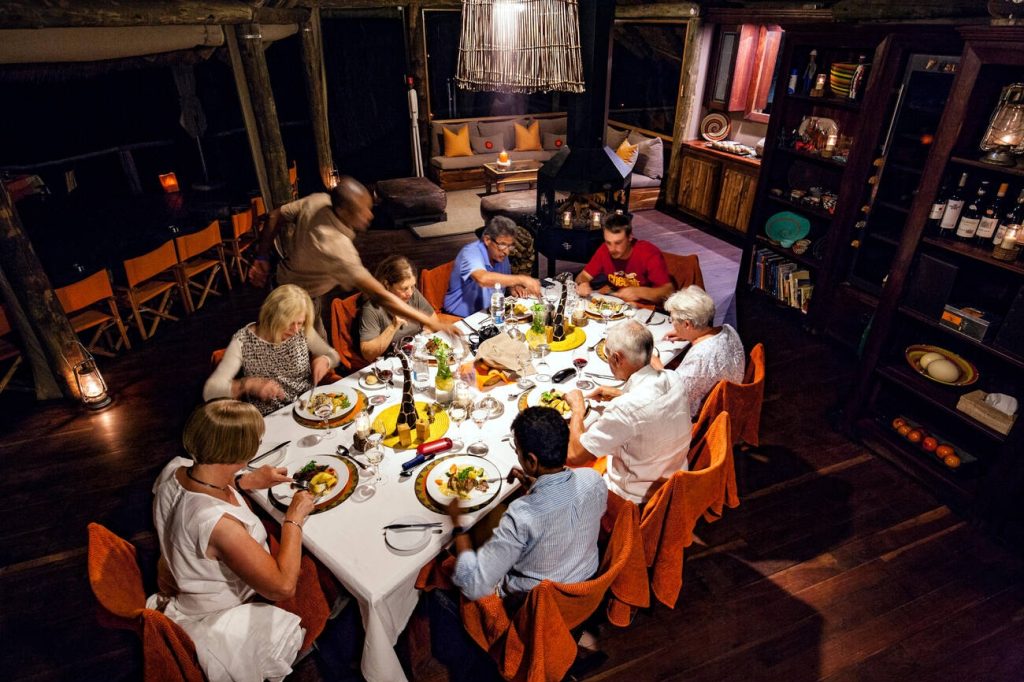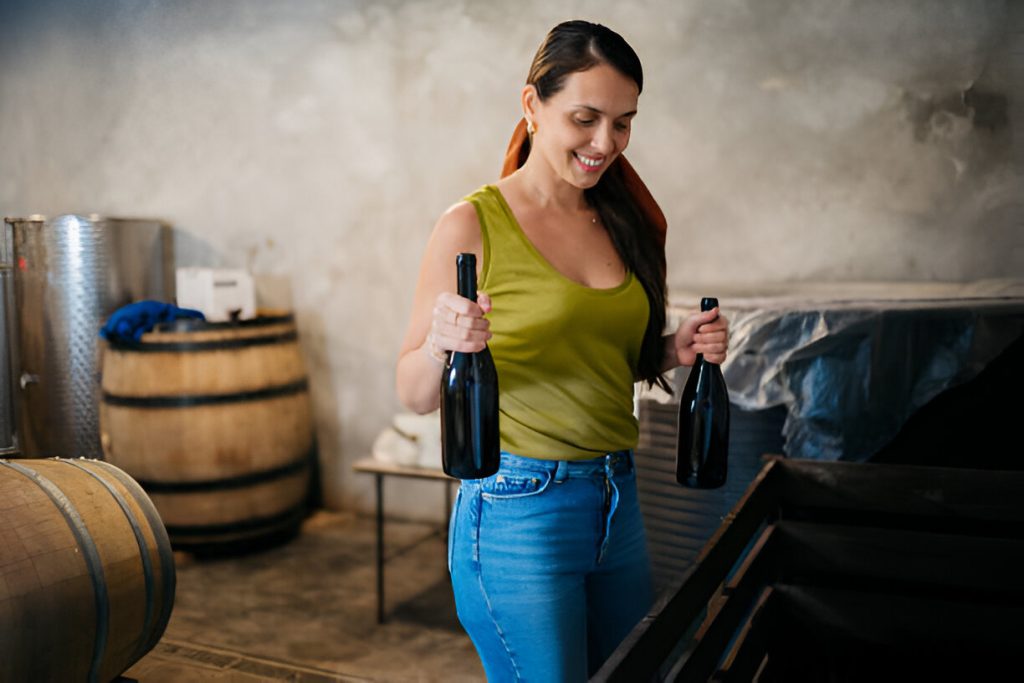Are you curious about the oldest vineyard in the UK? Well, look no further! We’ve got all the details right here. Discover the fascinating history of winemaking in the UK, from Roman times to medieval monasteries and the Renaissance of British wine. And of course, we’ll reveal the ultimate treasure: the oldest vineyard in the UK. Get ready to dive into a world of ancient grapes and rich traditions. Let’s begin!
Contents
The Origins of Winemaking in the UK
How did winemaking begin in the UK? The origins of winemaking in the UK can be traced back to the Roman era, when the Romans introduced vineyards to the region. However, it was not until recent years that the UK has gained recognition for its production of high-quality wines. The rise of English sparkling wine has been a significant factor in this transformation. With its cool climate and chalky soils similar to that of Champagne in France, the UK has become a prime location for producing sparkling wines that rival those from established wine regions.
Climate change has also played a role in the development of the UK’s winemaking industry. Warmer temperatures and longer growing seasons have allowed grapes to ripen more fully, resulting in higher quality wines. However, climate change also brings challenges, such as increased disease pressure and unpredictable weather patterns. Winemakers in the UK have had to adapt their practices to mitigate these risks and ensure the continued success of their vineyards.
The Ancient Vineyards of Roman Britain
You’ll be intrigued to discover that there are several ancient vineyards in Roman Britain that still exist today. Exploring archeological evidence has revealed the presence of vineyards in various parts of Roman Britain, including sites in England and Wales. These vineyards were established by the Romans during their occupation of Britain, which lasted from 43 to 410 AD.
One notable vineyard is located in Wiltshire, at a site known as Rockbourne Roman Villa. Excavations of this villa have unearthed evidence of a well-preserved vineyard, complete with grape seeds and pressing equipment. This discovery provides valuable insight into the winemaking practices of the Romans in Britain.
Vineyard preservation efforts have been made to protect and showcase these ancient sites. The remains of the Roman vineyard at Rockbourne Roman Villa have been carefully preserved, allowing visitors to see firsthand the structures and tools used for winemaking in Roman times.
The existence of these ancient vineyards highlights the long history of winemaking in the UK. While the techniques and varieties of grapes may have evolved over the centuries, the tradition of growing grapes and producing wine has endured. These ancient vineyards serve as a reminder of the rich winemaking heritage of Roman Britain.
Medieval Monasteries and Vineyard Culture
As we delve deeper into the history of winemaking in the UK, it is important to explore the significant role played by medieval monasteries in cultivating vineyard culture. During the Middle Ages, monasteries were not only centers of spirituality but also centers of agriculture and viticulture. Monks devoted themselves to the cultivation of vineyards and the production of wine, which played a crucial role in their religious rituals and daily life.
Medieval monasteries embraced vineyard traditions and brought them to new heights. They meticulously selected the best grape varieties, developed innovative cultivation techniques, and implemented advanced winemaking practices. Their dedication and expertise resulted in the production of high-quality wines that were highly sought after.
To give you a glimpse of the vineyard culture in medieval monasteries, here is a table showcasing some of the key aspects:
| Vineyard Culture in Medieval Monasteries |
|---|
| Grape Varieties |
| Cultivation Techniques |
| Winemaking Practices |
| Wine Uses |
Medieval monasteries played a pivotal role in preserving and advancing vineyard culture in the UK. Their dedication to viticulture laid the foundation for the thriving wine industry we have today.
The Renaissance of British Wine
One of the oldest vineyards in the UK can be traced back to the Renaissance period, when British wine experienced a revival. During this time, several factors contributed to the resurgence of the wine industry in the country.
- Rising popularity: The Renaissance brought about a renewed interest in all things cultural and artistic, and wine was no exception. As the upper class embraced wine as a symbol of sophistication and refinement, the demand for locally produced wines grew.
- Climate change challenges: The warmer climate during the Renaissance period played a significant role in the success of British vineyards. The grapes were able to ripen more fully, resulting in higher-quality wines. However, this also meant that vineyards had to adapt to changing weather patterns and potential challenges caused by climate change.
- Technological advancements: The Renaissance period saw advancements in winemaking techniques, such as the use of oak barrels for aging and the introduction of new grape varieties. These innovations helped improve the quality and flavor of British wines.
- Export opportunities: With the newfound popularity of British wines, there was an increase in export opportunities. British wine started to gain recognition in international markets, further contributing to the growth of the industry.
The Renaissance of British wine laid the foundation for the thriving wine industry that we see today in the UK. Despite the challenges posed by climate change, the rising popularity and continued innovation in winemaking techniques have ensured the continued success of British wines.
Uncovering the Oldest Vineyard in the UK
When and where can you find the oldest vineyard in the UK? If you are an enthusiast of historical vineyard sites, you would be thrilled to explore the Hattingley Valley Vineyard, located in Hampshire, England. This vineyard holds the distinction of being the oldest in the UK, with its roots dating back to the 1950s. It was originally established by Major General Sir Guy Salisbury-Jones, who believed in the potential of English wine production. Over the years, Hattingley Valley has become renowned for its exceptional sparkling wines, winning numerous awards and accolades.
However, as the UK’s wine industry continues to flourish, there are concerns about the impact of climate change on vineyards. Rising temperatures and changing weather patterns pose challenges for grape cultivation and wine production. Vineyards like Hattingley Valley are taking proactive measures to adapt to these changes, such as experimenting with different grape varieties and investing in modern viticultural techniques.
Despite the challenges posed by climate change, the UK’s wine industry is thriving, with an increasing number of vineyards being established across the country. The exploration of historical vineyard sites like Hattingley Valley allows us to appreciate the rich heritage and evolution of wine production in the UK, while also highlighting the need for sustainable practices in the face of a changing climate.




